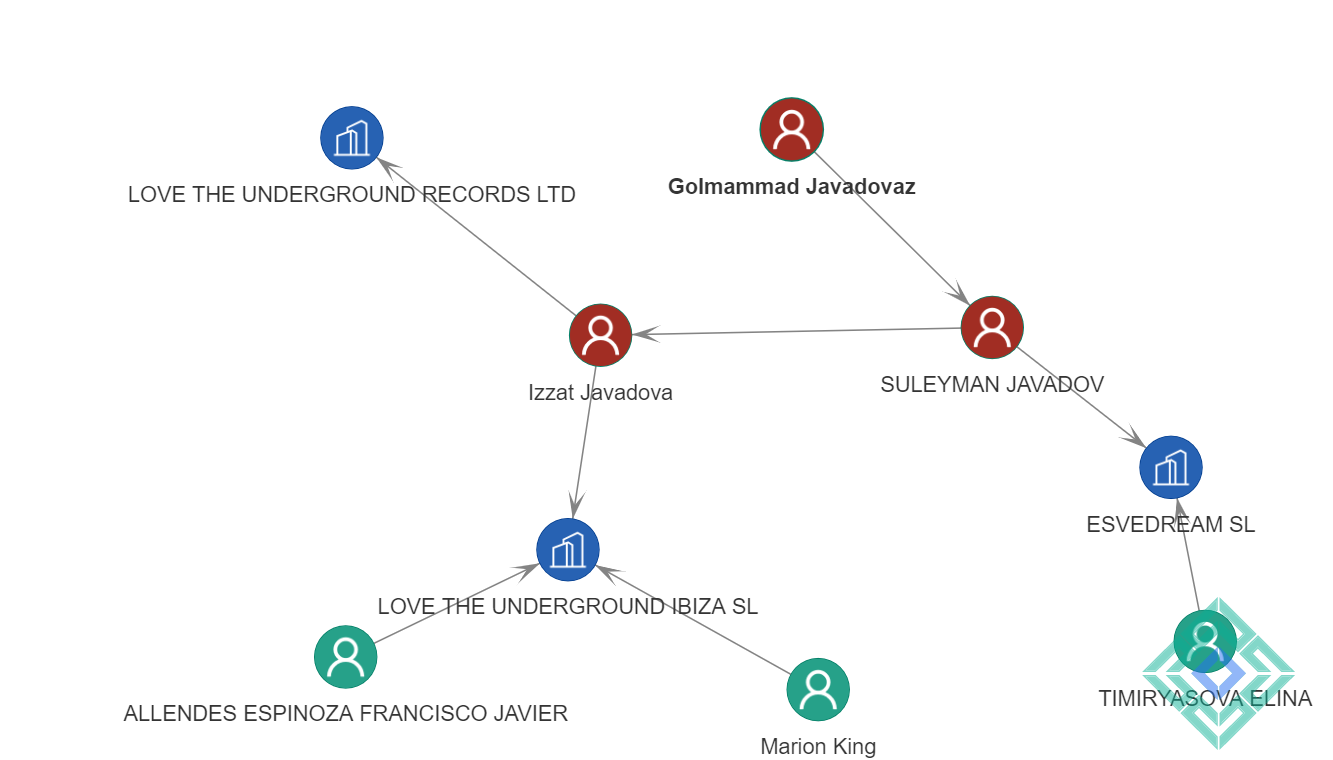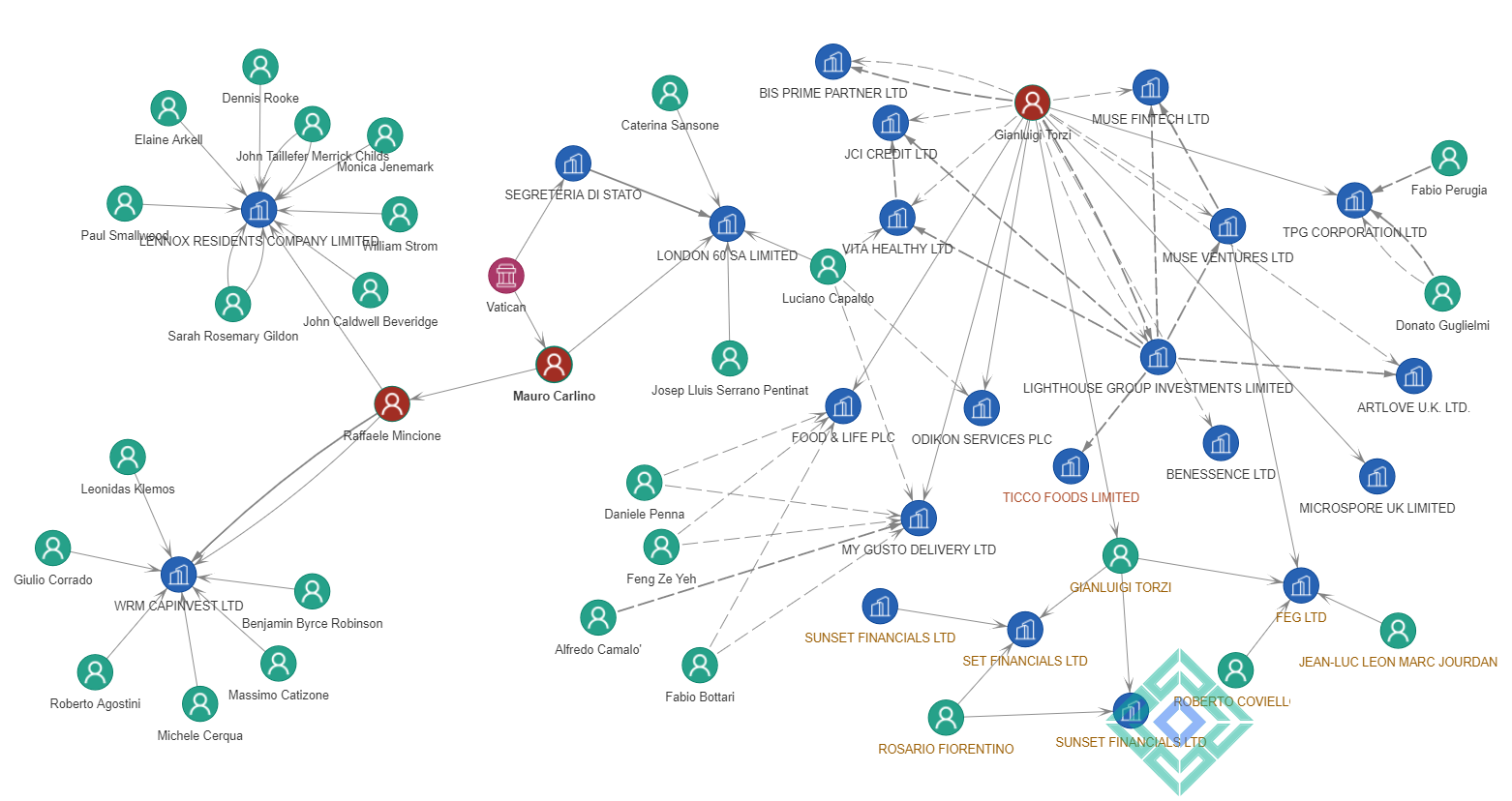
Social interactions are moving at an extremely fast pace towards the digital world. Adult entertainment makes no exception. Unfortunately, the laws and regulations governing this sector are far from being transparent. There is a large grey area between creating adult content and enabling the procurement of sex services. This hiatus exposes the platforms for digital content creation to unforeseen risks. Should social media and online platforms implement KYC processes for their content creators?
Like other sectors of the informal economy, the sex industry followed the trends of globalisation and digitalisation. Amsterdam’s red-light district lost its uniqueness, However, the and the interaction between sex workers and clients moved on various digital platforms. Thus, social media and online infrastructures took the place of procures for sex workers. The separation line between creating adult content and sex trafficking is very murky. It leaves the door open to abuses, where content creators are exposed to criminals and human traffickers.
Traditionally, the sex industry was an all-cash business. But with many developed economies moving away from physical monies, sex workers are increasingly accepting electronic payments. What is an easier way to disguise the payment for illegal adult services than sales for digital products?
In a nutshell, Instagram, Facebook and Onlyfans could be easily used for intermediation of illegal sex services. They could also be abused by criminal gangs and human traffickers. Needless to say that the payment infrastructures offered by these platforms are ideal for laundering money stemming from illegal activities.
The legislation concerning adult services varies from one jurisdiction to another. For example, in the United States, the Stop Enabling Sex Traffickers Act, known as SESTA/FOSTA, was billed as an “anti-sex trafficking” law intended to hold websites liable for content that promotes sex trafficking.
Pursuant to this law, the Texas Supreme Court denied Facebook’s claim of liability immunity in an ongoing civil case. Plaintiffs in that matter claim that the social media platform was negligent and did not attempt to block sex trafficking.
Some platforms are already anticipating the foreseeable legal issues. For example, OnlyFans, the leading platform for adult content creators, announced that it wants to focus on becoming mainstream and move away from adult content. This pivot could leave more several hundred thousand entertainers with a massive revenue disruption, thereby making them vulnerable to the illegal side of the sex industry.
Not only digital platforms are concerned by these challenges, but also the banking sector. The adult content creators are using banking services for monetising their digital products. If their businesses drift into the illegal areas of the sex trafficking, then the financial services provider could be held responsible for enabling the rogue activities.
A straightforward solution would be for social media and online platforms to deploy bespoke KYC and screening processes. But, such measures would increase the costs for tech companies and reduce content creators’ profits.
“After all, we are the absolute bosses of that whole theater and show in our minds. We even write the script. So always write positive, dynamic scripts and show only the best movies for you on that screen whether you are pimp or priest.”
Iceberg Slim, Pimp: The Story of My Life
Focus: DJ Mikaela Jav
DJ Mikaela Jav, aka Izzat Khanim Javadova, 40, is the daughter of an Azerbaijani oligarch, former politician and the cousin of current President Ilham Aliyev. Javadova along with her husband Suleyman, are at the centre of a money-laundering investigation. They are accused of channelling illegal funds through a set of offshore and British firms on behalf of prominent Azerbaijani politicians and oligarchs. Javadov had a British firm incorporated as “Love the Underground Records” and a company in Spain with a similar name.
The National Crime Agency has frozen more than 6 million GBP of Mikaela and Suleyman Javadov’s assets. Golmammad Javadov, Suleyman’s father, is a reputed political figure in Azerbaijan. Between 1993 and 1999, Golmammad Javadov worked as a deputy director and director of a key energy Azerbaijani enterprise. In 1999 he became the chairman of the State Committee for Material Resources until 2006. Since 2006, he has been working as the Deputy Minister of Industry and Energy ,of Azerbaijan.

Focus: the Vatican and financial crime
Michele Sindona, God’s banker, died 35 years ago, but the Vatican has no talent shortage in financial crime. Cardinal Angelo Becciu, formerly a senior official in the Vatican administration, is among ten people indicted in the Vatican with various financial crimes, including embezzlement, money laundering, fraud, extortion and abuse of office.
Father Mauro Carlino and two Italian brokers, Gianluigi Torzi and Raffaele Mincione, were charged with money laundering in the indictment. Carlino, Torzi and Mincione are involved in purchasing a high-end property in London on the Vatican's behalf. Father Carlino was amongst the directors of “London 60 SA LTD”, a British company owned by the Vatican.
Luciano Capaldo, another Italian, seems to be a key individual in the network of companies controlled by Torzi and Minicione. Torzi managed a vast network of companies in the UK, Malta and Italy. There are good chances that the investigation may unravel other dodgy deals.

The word on the street: Drug trafficking in the age of COVID-19
The COVID-19 pandemic reshaped many industries, including the international drug trafficking. It is no secret that tourism and international travel were at an all-time high prior to the sanitary crisis. A weekend in Amsterdam, a city break in New York or a short intermezzo in Cancun were usual for many people. It represented a perfect cover for drug traffickers that were using the travel frenzy to dissemulate “drug mules” as honest tourists. The cocaine trafficking from South America to Europe was done in small quantities via “drug mules' '. The mules are generally young individuals recruited from disadvantaged social strata, risking their freedom for a few thousand dollars. The pandemic reduced global travelling, and the cartels went back to the methods used throughout the 1980s. Thus, freight and shipping become the main avenues for delivering drugs, cocaine in particular, to Europe. Drugs are hidden in large shipments of goods transported via maritimal or air carriers. Rotterdam, Antwerp and Hambourg, Europe’s biggest ports, are the entrance points for the trans-Atlantic drug-trafficking routes.